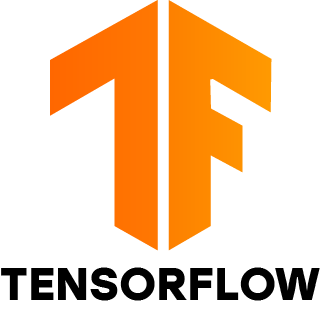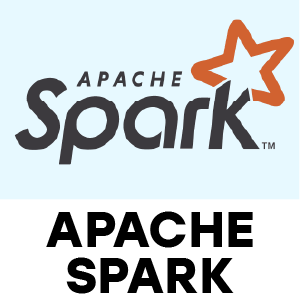- Join the Best Data Science Training Institute to Master Data Collection, Analysis and Modeling.
- Complete Data Science Training – Covers Excel, SQL, Python, Power BI and Tableau.
- Work on Real-time Projects and Gain in-demand Skills Through Practical, Hands-on Training.
- Choose From Flexible Learning Modes Weekday, Weekend or Fast-track to Suit Your Schedule.
- Industry-recognized Certification and Benefit From Expert Career Support for Job Placements.
- Get Guidance for Resume Building, Interview Prep and Career Advancement Strategies.
Join Our 100% Job Guaranteed
Data Science Course
WANT IT JOB
Become a Data Scientist in 3 Months
Freshers Salary
3 LPA
To8 LPA
Quality Training With Affordable Fees!

INR
36,000
INR 16,500

11223+
(Placed)
5389+
(Placed)
7876+
(Placed)
3789+
(Placed)

























 Chennai Location
Chennai Location Bangalore Location
Bangalore Location